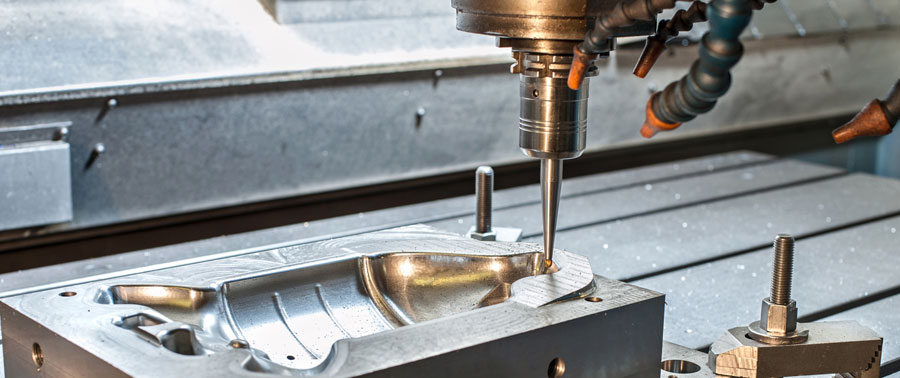Die casting is a manufacturing process that involves the production of metal parts by forcing molten metal into a mould cavity under high pressure. The process is widely used in various industries such as automotive, aerospace, telecommunications, and consumer electronics.
The die casting process can be broken down into several stages, including preparation, melting, injection, solidification, and ejection. Understanding each stage is crucial for ensuring high-quality die castings.
Preparation: The preparation stage involves preparing the moulds and the metal alloy that will be used for casting. The moulds are typically made of steel and are carefully designed to produce the desired shape and dimensions of the part. The metal alloy is chosen based on its properties and compatibility with the mould material.
Melting: The metal is melted in a furnace at high temperatures ranging from 1300°C to 1500°C. The furnace is designed to maintain a consistent temperature to ensure that the metal is fully melted and free from impurities.
Injection: Once the metal is melted, it is injected into the mould cavity under high pressure. This is typically done using a hydraulic press, which applies pressure up to 4,000 psi. The high pressure ensures that the molten metal fills all the cavities in the mould and produces a part with precise dimensions.
Solidification: After injection, the metal quickly solidifies and takes the shape of the mould cavity. The solidification process usually takes a few seconds to a few minutes depending on the size and complexity of the part.

Ejection: Once the part has solidified, the mould is opened, and the part is ejected using ejector pins. The part is then cleaned and inspected for any defects or imperfections.
Die casting offers several advantages over other manufacturing processes such as sand casting, forging, and machining. It allows for the production of complex and intricate parts with tight tolerances and high accuracy. It is also a cost-effective process as it requires less material waste and consumes less energy compared to other processes.
However, die casting also has some limitations. It is not suitable for producing large parts as the size of the mould is limited. It also requires high initial investment in equipment and tooling.
In conclusion, die casting is a highly efficient and versatile manufacturing process that has become integral to many industries. Understanding the process and its various stages is essential for producing high-quality die castings that meet the desired specifications and standards. With advancements in technology, die casting is expected to continue to evolve and improve in the years to come.
-

- Корпус силового теста из магниевого сплава Thixomolding
-

- Крышка центра управления автозапчастями из литья под давлением из магниевого сплава
-

- OEM die casting service metal components of macbook middle
-

- CNC machined parts & components
-

- Magnesium alloy die-casting LED display frame
-

- Детали и компоненты велосипеда из магниевого сплава для детского велосипеда-толкателя

 0086-750-5616188
0086-750-5616188 +86 13392089688
+86 13392089688 sales@zhongmei-tech.com
sales@zhongmei-tech.com







